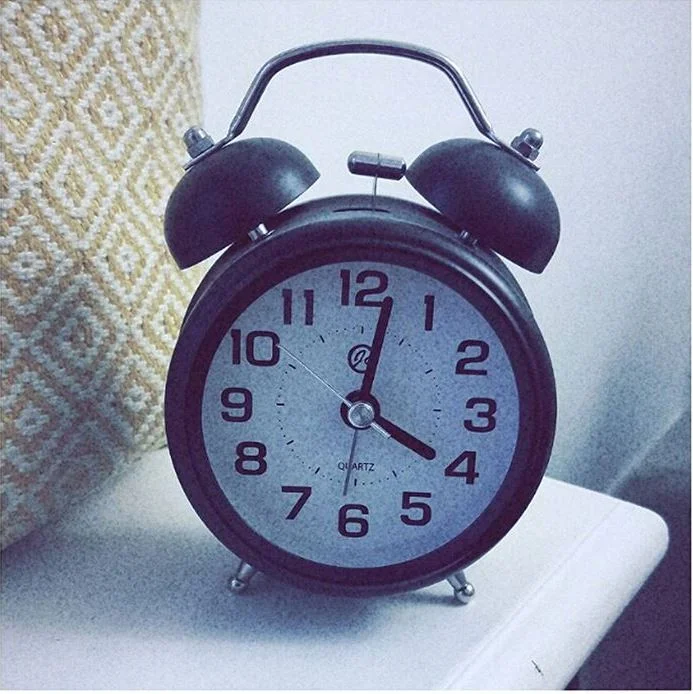Vitamin D modulates hundreds of genes and plays an essential role in many biological systems, including those linked to brain function and sleep.
Consistently poor sleep is a serious health concern and is linked to increased risk of weight-gain, type 2 diabetes, heart disease and increased susceptibility to illness. Psychologically, poor sleep and sleep disorders are a common feature of many mental health concerns such as anxiety, bipolar disorder, post-traumatic stress disorder, Alzheimer’s Disease and other forms of dementia. So an accessible intervention that improves sleep is valuable. A recent clinical trial tested the effect of vitamin D supplementation on sleep quality.
The researchers took a group of 89 people all of whom had sleep disorders characterised by long sleep latency (taking a long time to fall asleep), low sleep quality, duration and/or efficiency (spending a lot of time in bed but not much of it asleep). The participants were randomly assigned to two groups, one received a very high dose vitamin D supplement every fortnight for a total of eight weeks, the other received an identical looking placebo. :
At the start all the participants had insufficient vitamin D. As expected, at the end, the supplement group had sufficient levels and the placebo group had not changed. In addition, supplement group reported better overall sleep quality, with longer duration and reduced latency, suggesting that adequate vitamin D levels can help support healthy sleep.
It is important to note that the supplement in this trial was a very high, clinical dose. For example, the NHS recommends UK adults supplement with 10mcg of vitamin per day (equivalent to 140mcg per fortnight). The dose in this trial is equivalent to 1250mcg per fortnight. Very high dose supplements may be available on prescription and a blood test would need to be taken first to establish that there was definitely a deficiency.
Reference
Majid, M. S. et al (2017). The effect of vitamin D supplement on the score and quality of sleep in 20–50 year-old people with sleep disorders compared with control group. Nutr Neuro. DOI: 10.1080/1028415X.2017.1317395

